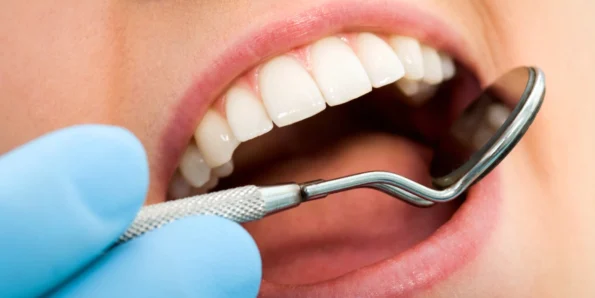
Key Nutrients for Healthy Teeth and Gums
A balanced diet rich in essential nutrients is essential for maintaining healthy teeth and gums. Some key nutrients that play a significant role in oral health include:
1. Calcium:
- Calcium is a vital mineral for maintaining strong teeth and bones. It is a major component of tooth enamel, the outer layer of the teeth that protects against decay and damage.
- Adequate calcium intake helps to remineralize enamel and prevent tooth erosion.
- Good dietary sources of calcium include dairy products such as milk, cheese, and yogurt, as well as leafy green vegetables like kale and broccoli.
2. Vitamin D:
- Vitamin D is essential for the absorption of calcium and phosphorus, making it crucial for maintaining optimal tooth and bone health.
- It helps to regulate calcium levels in the body, ensuring that an adequate amount is available for tooth mineralization and repair.
- Vitamin D is primarily obtained through exposure to sunlight, but it can also be found in foods such as fatty fish (e.g., salmon, mackerel), egg yolks, and fortified dairy products.
3. Vitamin C:
- Vitamin C is important for gum health and plays a key role in collagen synthesis, which is essential for maintaining the integrity of the periodontal tissues.
- It also has antioxidant properties that help to protect gum tissue from inflammation and infection.
- Foods rich in vitamin C include citrus fruits (e.g., oranges, lemons), strawberries, kiwi, bell peppers, and leafy green vegetables like spinach and kale.
4. Phosphorus:
- Phosphorus works in conjunction with calcium to build and maintain strong tooth enamel.
- It helps to remineralize enamel and repair damage caused by acids and bacteria.
- Phosphorus is found in a variety of foods, including meat, poultry, fish, dairy products, nuts, seeds, and whole grains.
5. Water:
- Water is essential for overall health and plays a crucial role in maintaining oral health.
- It helps to rinse away food particles and bacteria, dilute acids that can erode tooth enamel, and keep the mouth hydrated to promote saliva production.
- Drinking fluoridated water can also help to strengthen tooth enamel and protect against tooth decay.


